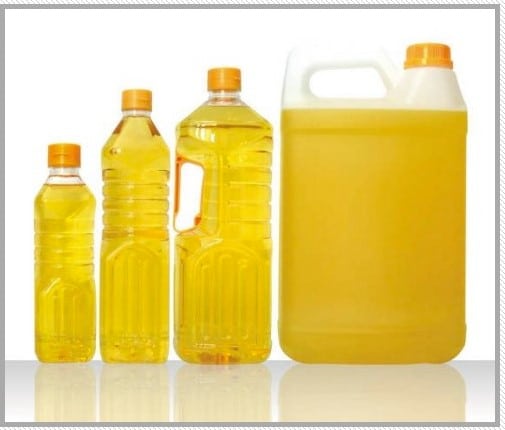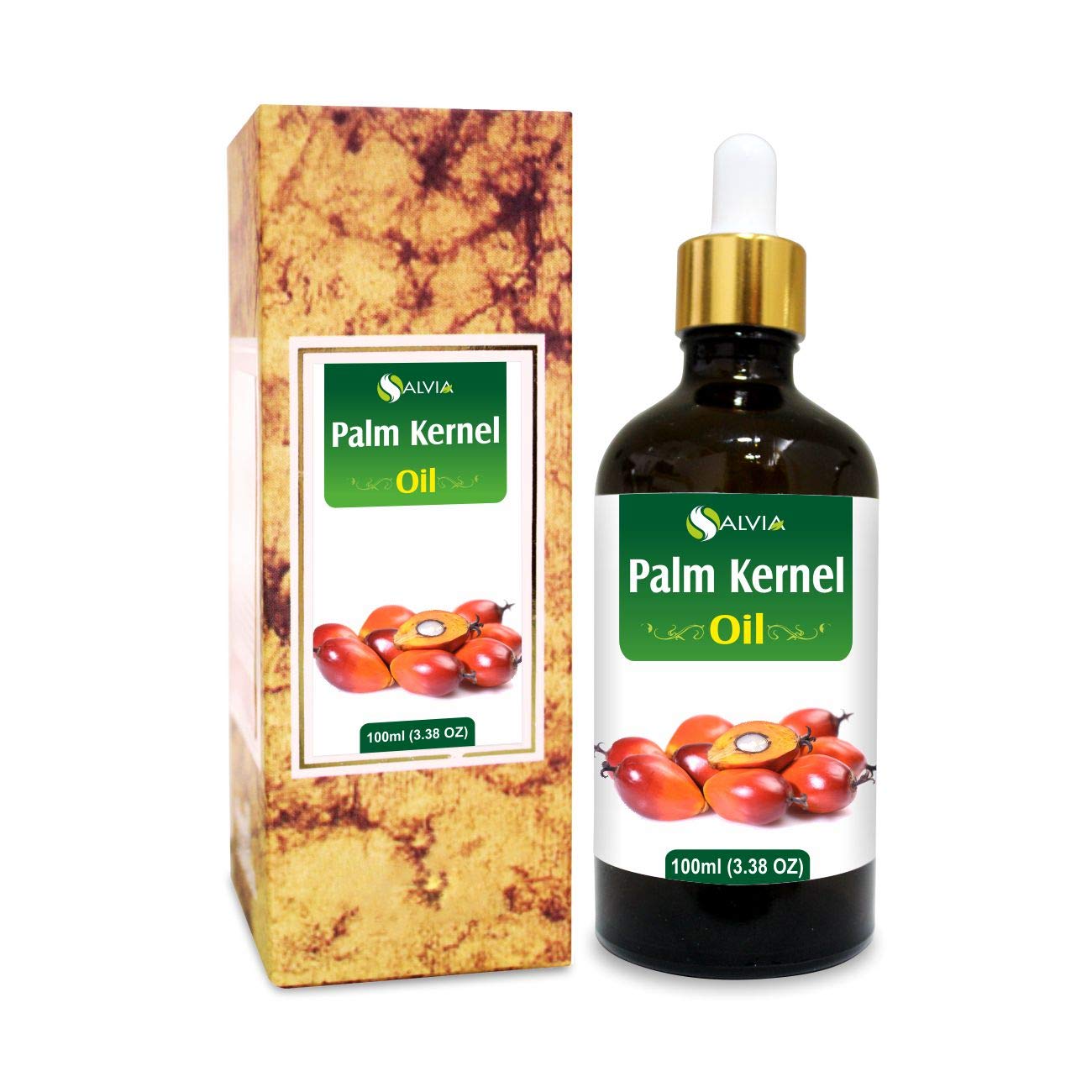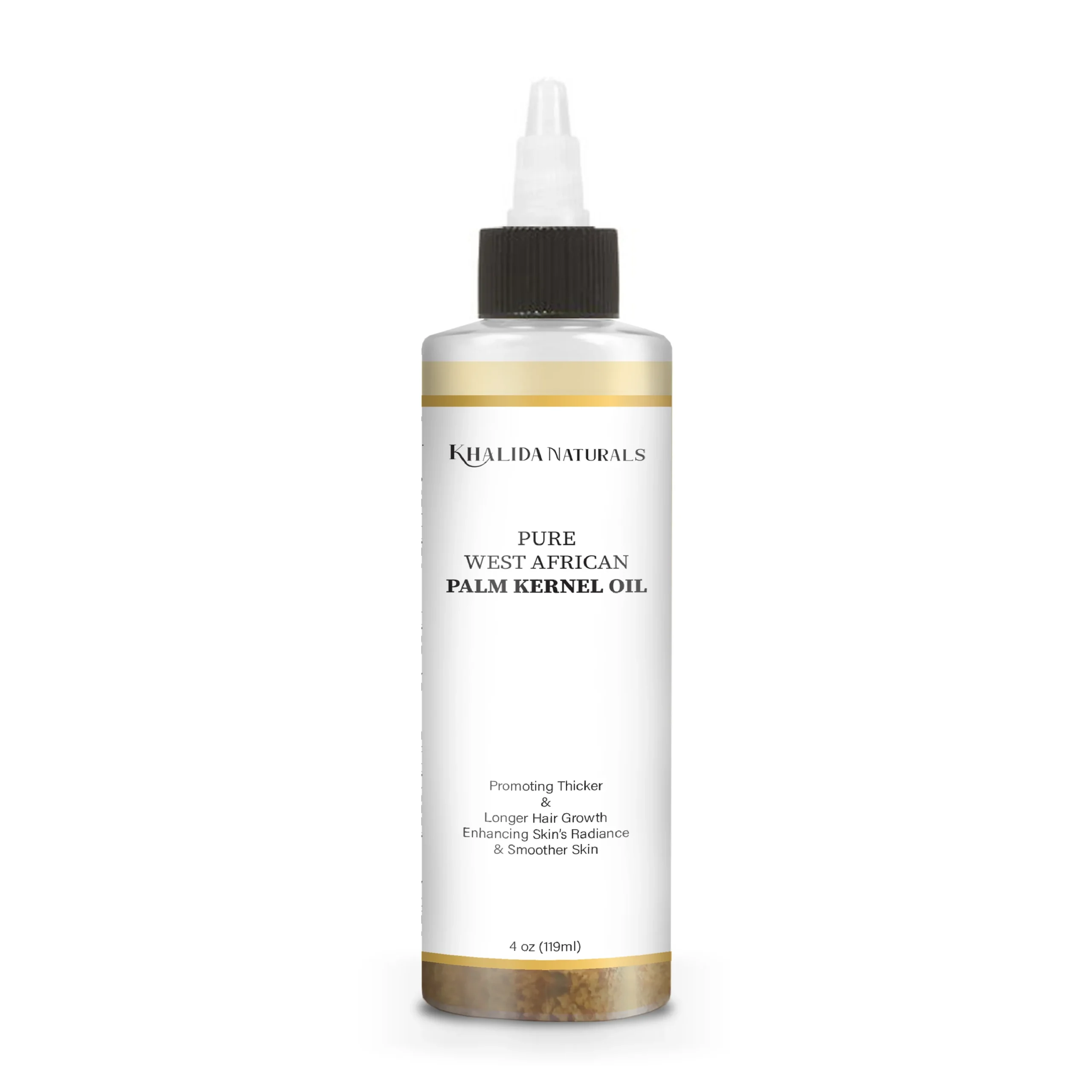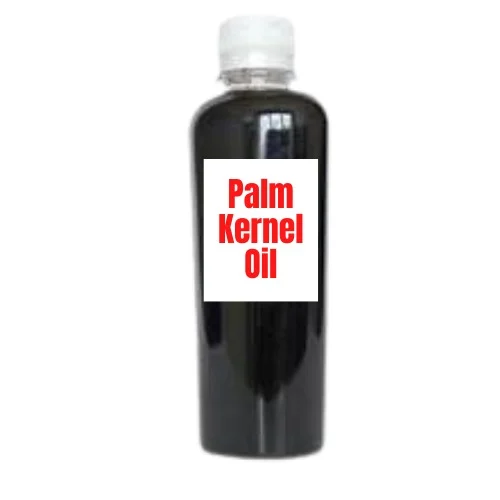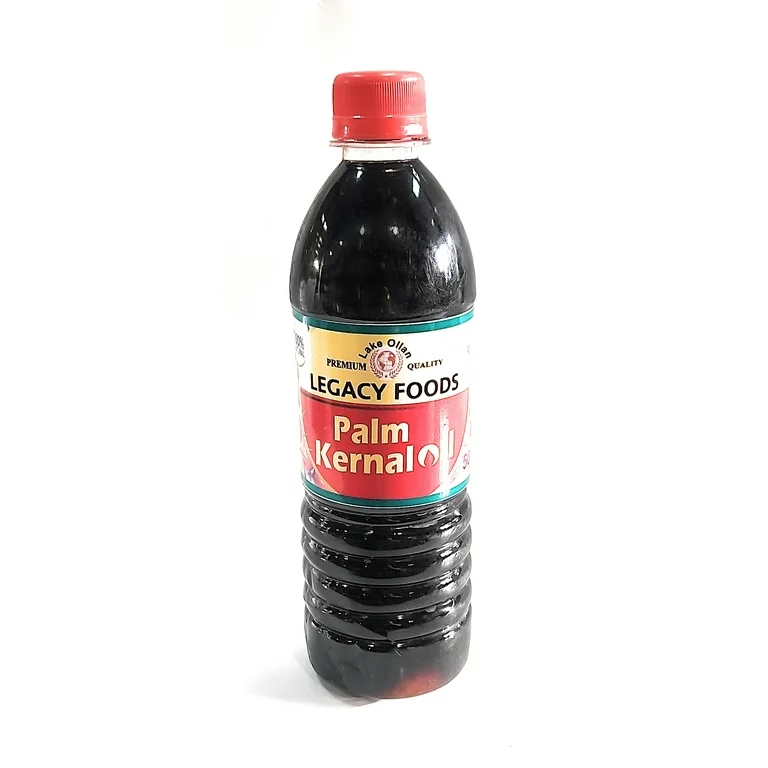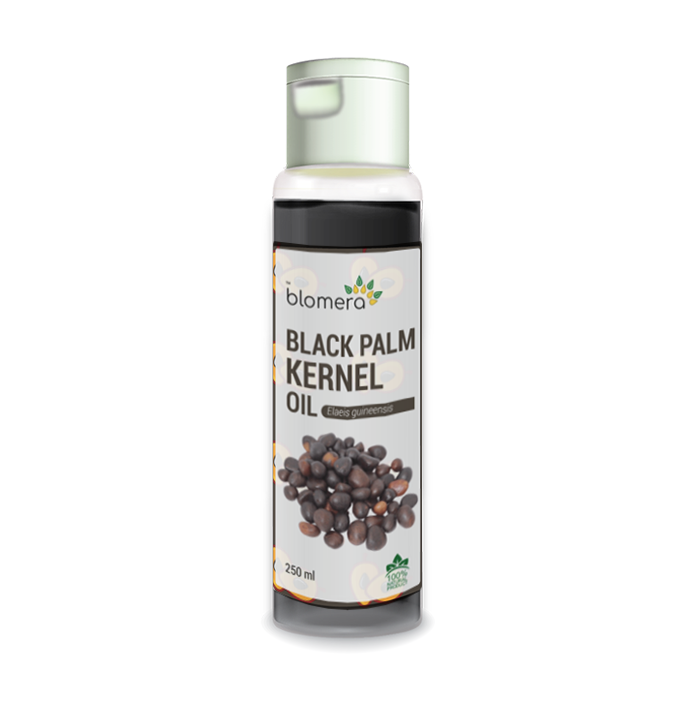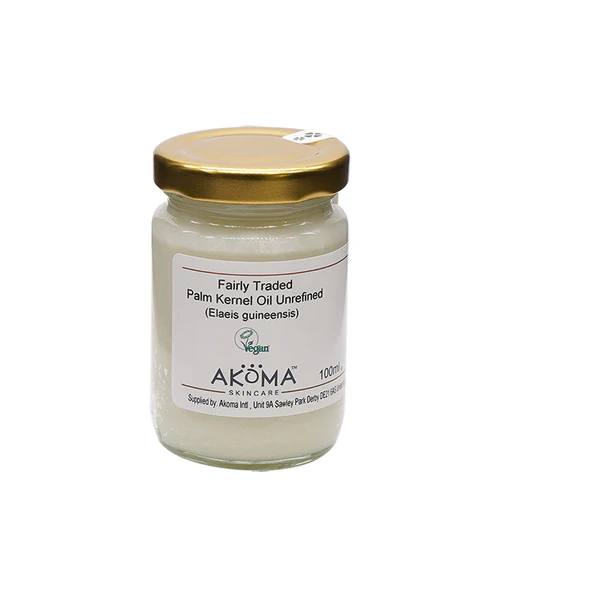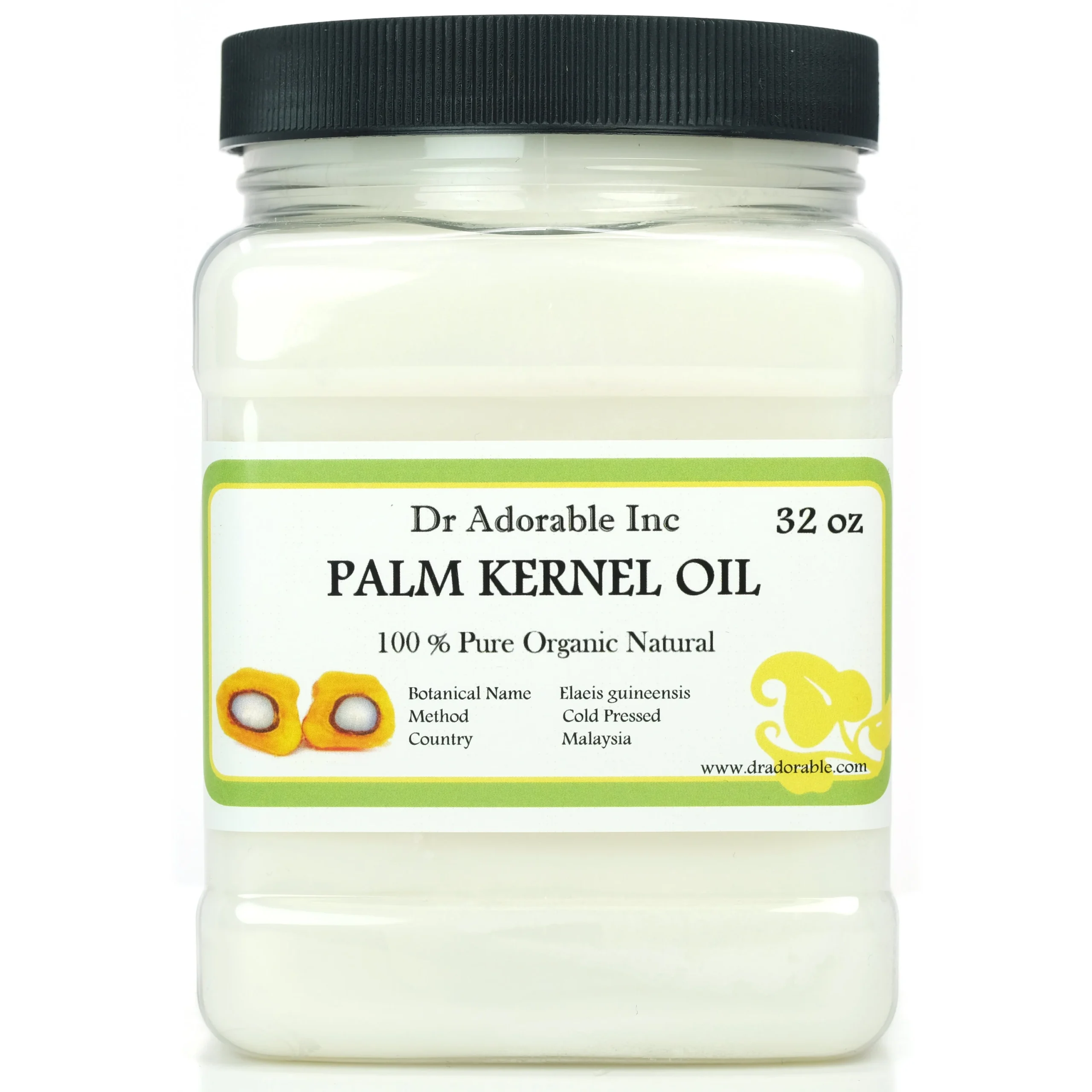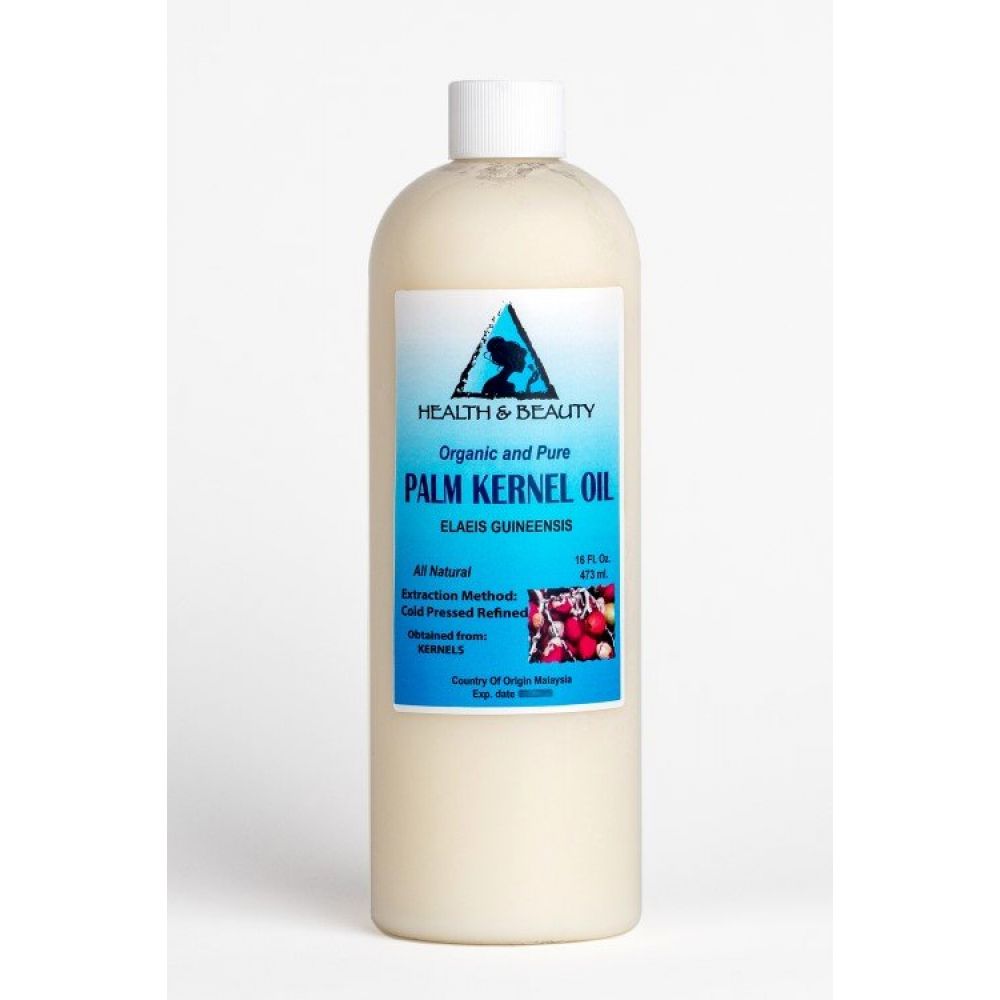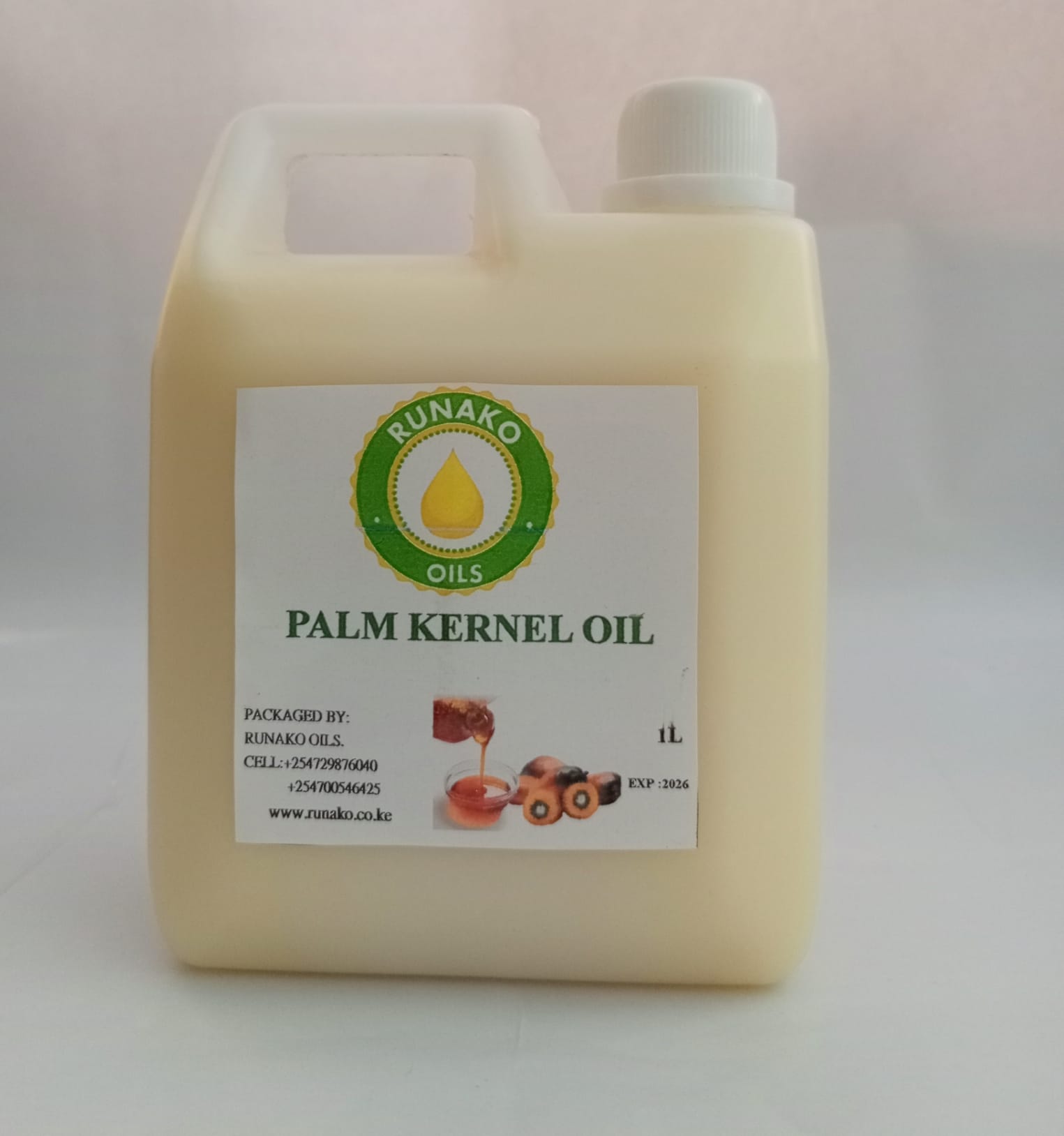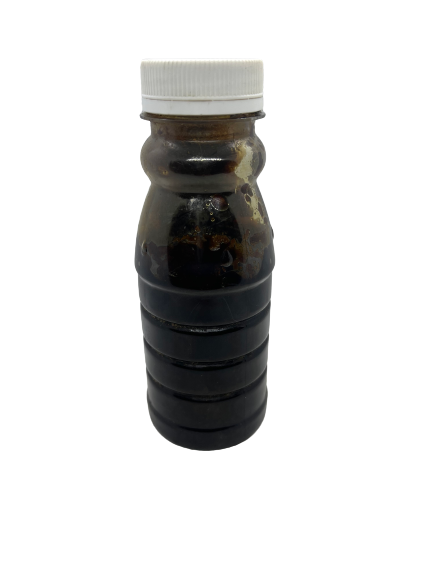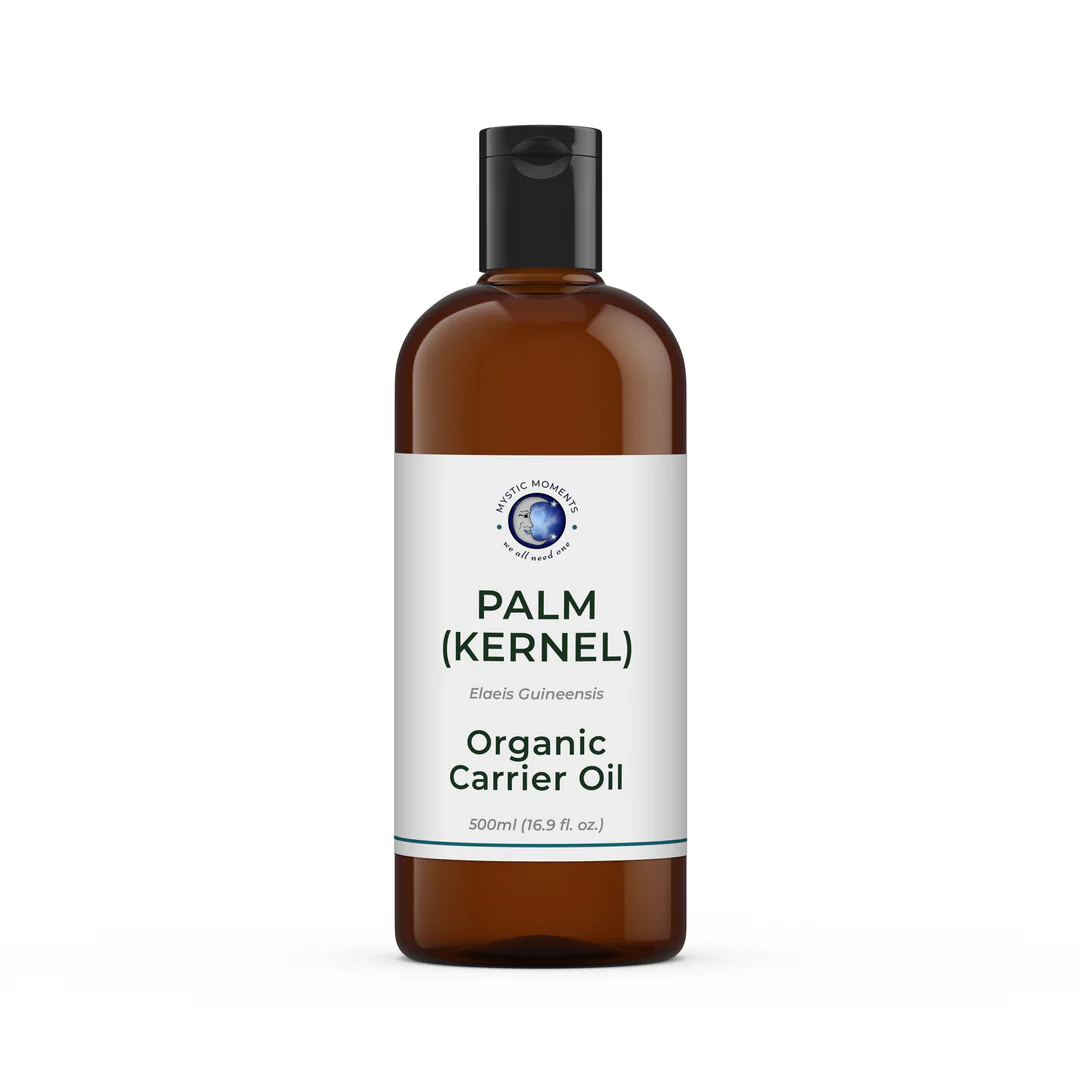Description
Palm kernel oil is a versatile vegetable oil derived from the seeds of the fruit of the oil palm tree (Elaeis guineensis). It is distinct from palm oil, which is extracted from the flesh of the fruit. With a light yellow color and a slightly nutty flavor, palm kernel oil is widely used in the food industry, particularly in the production of baked goods, margarine, and snacks. Its high level of saturated fat makes it stable at room temperature, allowing it to resist oxidation and prolong shelf life, qualities that are particularly valued in commercial food production.
Beyond its culinary applications, palm kernel oil is also prevalent in the cosmetic and personal care industry. Due to its moisturizing properties, it is often incorporated into soaps, lotions, and hair care products. The oil’s fatty acid composition, primarily lauric acid, contributes to its effectiveness in enhancing skin hydration and providing a creamy texture to formulations. This has established palm kernel oil as a popular ingredient among manufacturers seeking to create high-quality personal care products.
However, the production of palm kernel oil has raised significant environmental concerns. The expansion of oil palm plantations has been linked to deforestation, habitat destruction, and loss of biodiversity, particularly in countries like Indonesia and Malaysia, which are leading producers of palm oil and its derivatives. As a result, there is an increasing demand for sustainably sourced palm kernel oil, and various certification bodies have emerged to promote responsible farming practices. Consumers are becoming more conscious of the origins of their products, urging industries to adopt more sustainable methods that minimize ecological impact while still providing the economic benefits associated with palm cultivation.

